In Part I of this post, we knew of a new branch that locates elements such as psychology, the immune system, the endocrine and the central nervous system and together they gave birth to Psychoneuroimmunology.
Summing up a bit, we understood that the central nervous system plays a very important role because it is represented by the brain and this not only gives orders to the rest of the body but is also the place where the mind and thoughts operate, that is to say "the psyche. "
Although many times it may seem like a lie, our physical body is perfect and each system is inter-related, there is a communication between each of them.
Well then! let us continue to know even more about "Psychoneuroimmunology", so fingers on the computer keyboard and let our mind fly.
How can these factors affect our immune system?
How what was promised is a debt for me, in the previous post I was to explain how factors (internal and external), either the known and feared "stress" (physical and emotional), anxiety, behavior and other psychosocial factors can affect our immune system and to make it more interesting, how we can control these to make our immune system work in our favor.
Yes Yes! We know ProjectHOPE brings you interesting facts
To understand it more clearly, you must take into account that behavior, physical and emotional stress and other psychosocial factors directly affect the central nervous system (our brain) and depending on the good or bad management we do, we will be sending information to our immune system through neurotransmitters and influence its functioning and thereby make a big difference between a state of health and disease.
If you are still not very convinced of what I am saying, we will talk in more detail about stress.
What stress does to our immune system?
And speaking of general culture, we can say that the person who introduced the term "stress" was Dr. Hans Seley, back in the years 1907-1982, when I had no idea of its meaning because by the 80s she enjoy freely at school ;-)
The truth is that Dr Seley was the first to demonstrate the connection between stress and the immune system.
One affects the other :-(
And in fact, this person introduced two more terms:
-
The Distréss: when it already becomes something pathological.
-
The Eutrés: when stress was beneficial for the individual.
How curious data in my reading (and I say curious because I had already heard it on other occasions), is that the author of the book points out that the key is in our "reactions", since depending on how these reactions are, so this will be our perception an event (and we already know that each of us has the ability to perceive an event in a different way)
How does stress modify our immune system?
According to the author of the book, stress can affect the immune system in two ways:
1.- Neuroendocrine
2.- The autonomic one.
By the 1st way:
If stress is emotional, the body will process it through the cerebral cortex (in the limbic system).
Remember that the limbic system is associated with emotions and memories.
Once the stress is generated in the cerebral cortex, it reaches the Hypothalamus, where a hormone (Corticotropin) is released that will activate the Hypophysis and another hormone (adrenocorticotropic) will be released, which will travel through the blood and stimulate the production of cortisol, which will suppress the immune response.
Among the class of patients with high levels of this hormone can be classified: a the depressed chronically , who are more exposed to suffering from infectious diseases and even cancer.
By the 2nd way:
The autonomic or electrical pathway is the one that is produced by physical stress, here it is produced: adrenaline and nore-adrenaline.
And both suppress the immune system, they are classified under this type of stress: executives, stockbrokers, or very competitive people.
What I want you to be clear about is that the immune system is suppressed in both ways, and guess what? sickness comes.
According to the author of the book, the following are classified as people with chronic stress: widowers, divorcees, relatives of patients with chronic diseases who serve as caregivers, those who have a fractured or poor love relationship, even academic stress by career students like medicine.
Are you in any of the three categories mentioned?
If you find yourself going through one of them or know of people who are going through them, pay attention to the next point.
How to have control over our immune system
And ... it is time to inhale and exhale, open your mind and prepare to break paradigms, because what I will tell you is not a joke and has scientific support.
The author of the book talks at length about a first and effective tool that she calls "Guided Imagination"
I will allow myself to quote verbatim what she points out about this:
"Meditation, relaxation, or guided imagination are ways of entering the internal conversation of the organism, consciously intervening in its biochemical interactions". Marianela Castés Boscán
We are talking about more than 15 years of study in the psychoneuroimmunology laboratory of the "José María Vargas" medical school of the Central University of Venezuela (UCV). From these studies the author offers 3 theories that explain why guided imagination works.
1.- The body does not discriminate: yes, the body does not discriminate between sensory images and reality (or what we call reality). If you find it hard to believe, we can say that fear (although generated in the mind) causes physical alterations, specifically in the stomach (gastric), respiratory and cardiovascular.
2.- The elevated states of consciousness allow us to learn, grow, and change rapidly: that is why we must find that moment of the day where we can relax to access inner balance.
3.-We are better when we feel that we are in control: and I am not talking about control in an authoritarian way, on the contrary, I mean control of being able to control our emotions or manage them in a way. favorable.
Tips for practicing guided imagination
Concluding with part II of the post, I am going to share 12 tips that the author of the book offers for you to practice guided imagination.
By the way, if you are interested in reading it, I show the image of the book, I read it in the company of my cat called "Maou".
The tips are simple and the idea is that you make them yours so that you can start a new way of communicating with your immune system and be closer to well-being and therefore to a healthy state.
So get ready to meet them:
1.-Learn to relax
2.-Practice guided imagination frequently
3.-Allow the images to arrive, do not force them.
4.-Create and master sensory impressions: it is not only about visualizing them but also about incorporating them into the rest of the body (with sensations)
5.-Avoid value judgments: do not be incredulous, thoughts like: this does not work, it is silly, they will not help you.
6.-Be consistent: when you are viewing use images that go with what you believe.
7.-Locate and specifically visualize the organ that you want to heal (it is good to imagine it inside the body).
8.-Be responsible: assume that you are solely responsible for what you think.
9.-Be tolerant: things do not happen overnight, you must work on it.
10.-Connect emotionally: these tips try to make you feel the emotion of healing and the sensation that being healthy produces.
11.-Do not deny the groups: get people who are in the same line as you and practice group meditation if possible.
12.-Imagine that you achieved it: this has to do with the decrees, visualize something as if it were a totally true and achieved fact.
Well friends we have reached the end of this post, I hope you liked it and have a proven tool that helps us to dominate favorably with our immune system. Remember that you make the difference and science is increasingly approaching other aspects of being.
Until next time.
Originally posted here: https://hive.blog/hive-175254/@alana77/meet-a-new-branch-of-the-science-or-psychology-at-the-end-you-will-tell-me-which-of-the-two-by-alanasteemit-part-ii-by
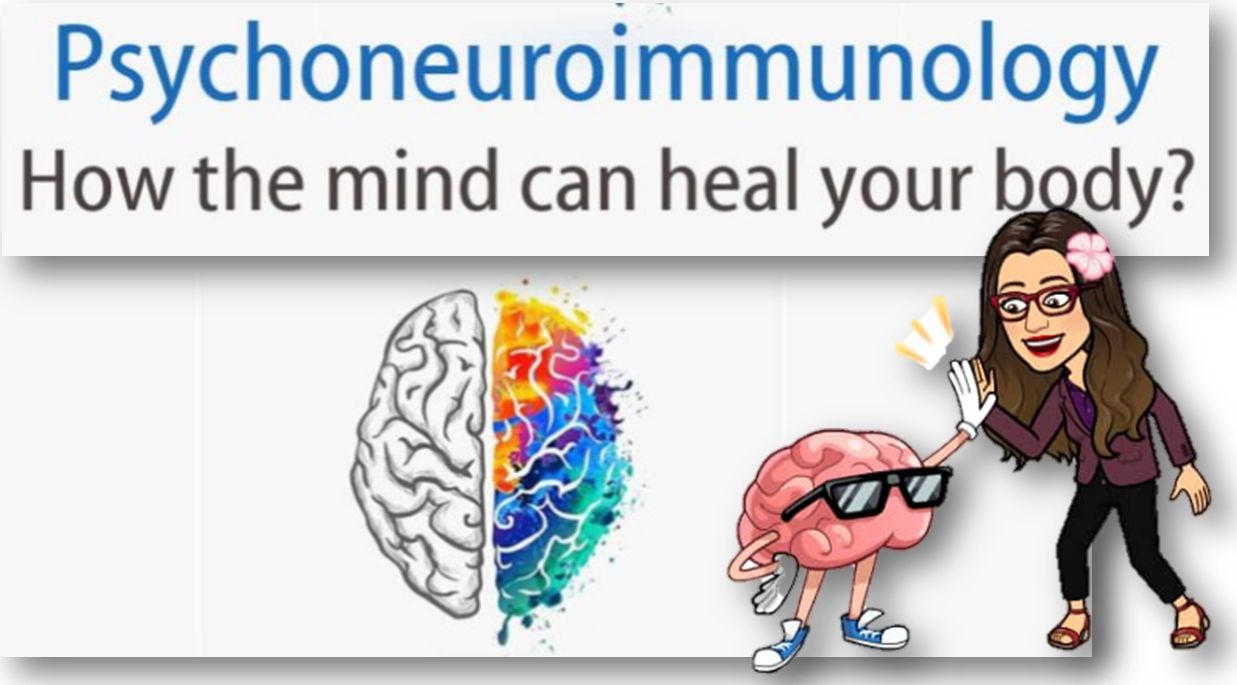

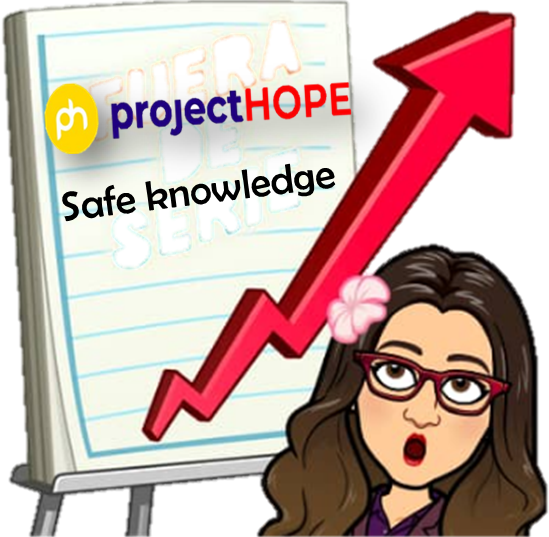

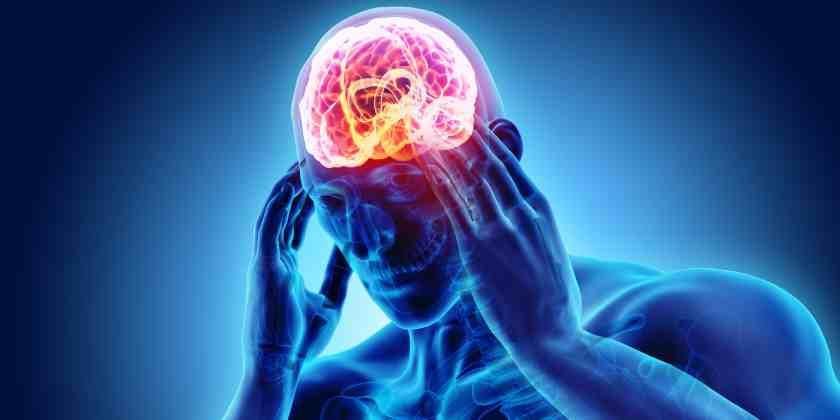
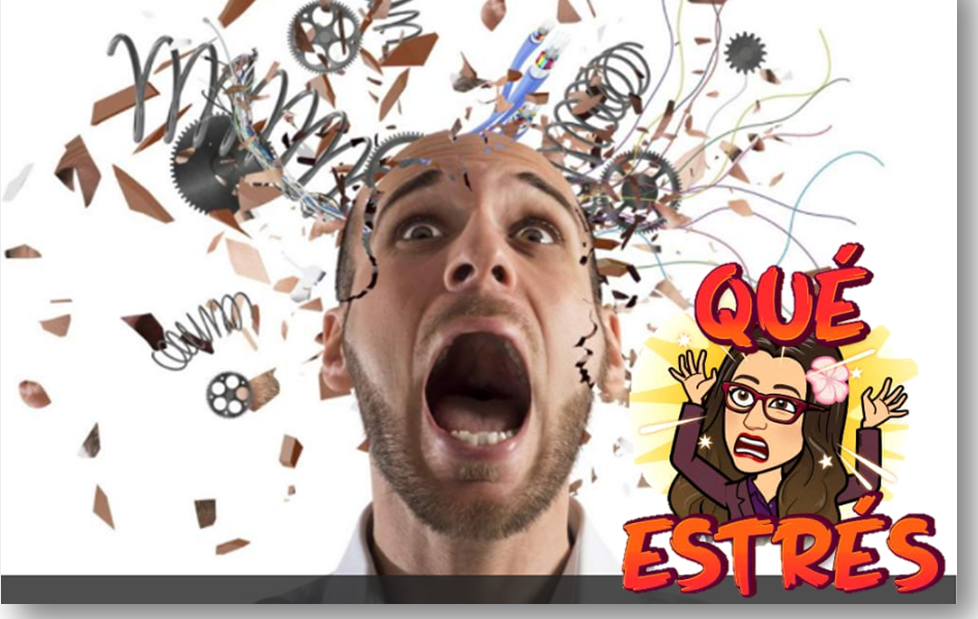
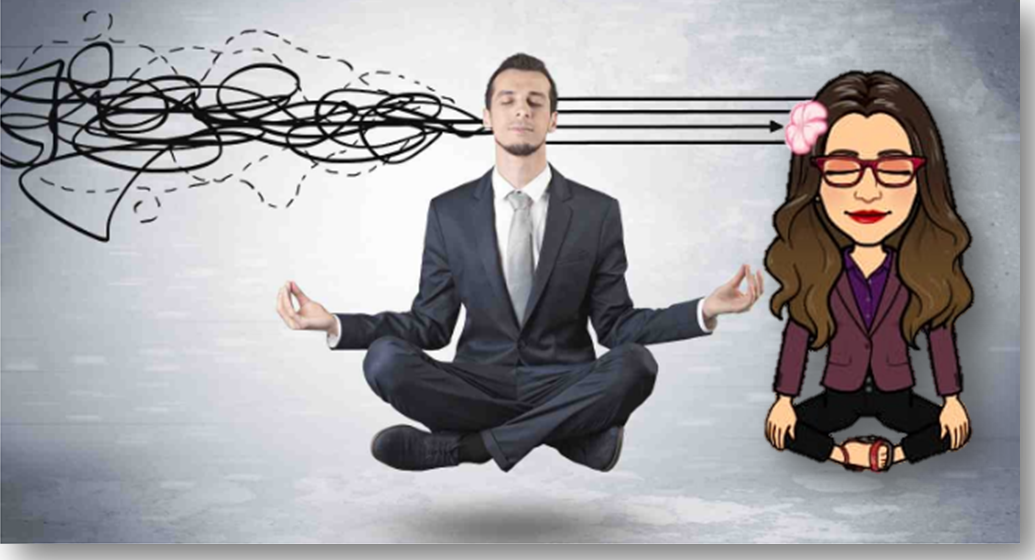
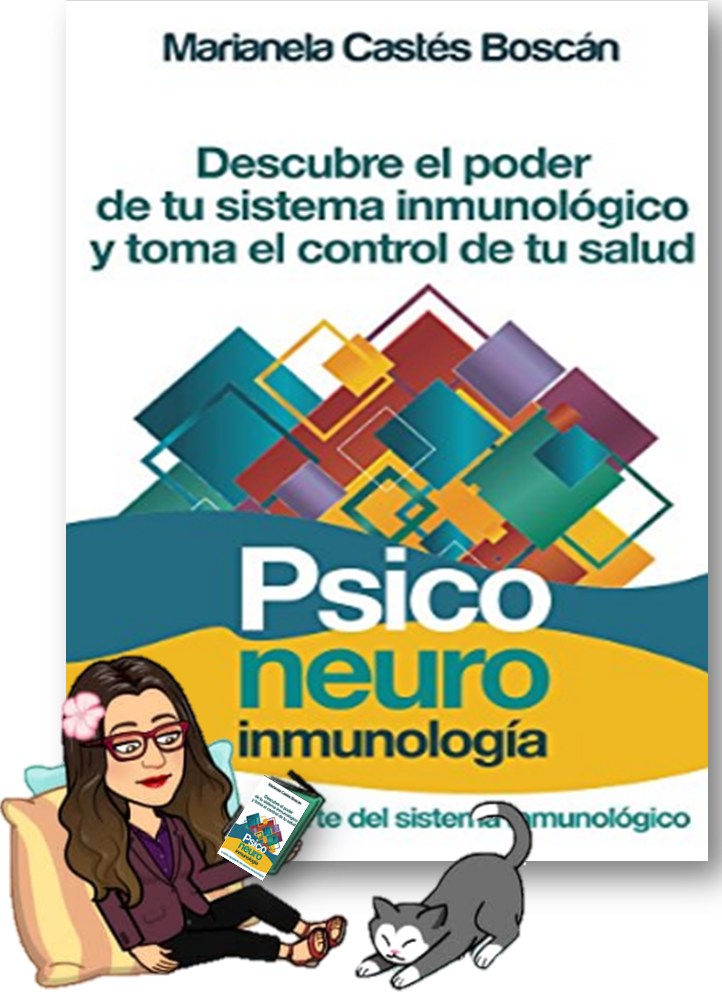

No comments:
Post a Comment